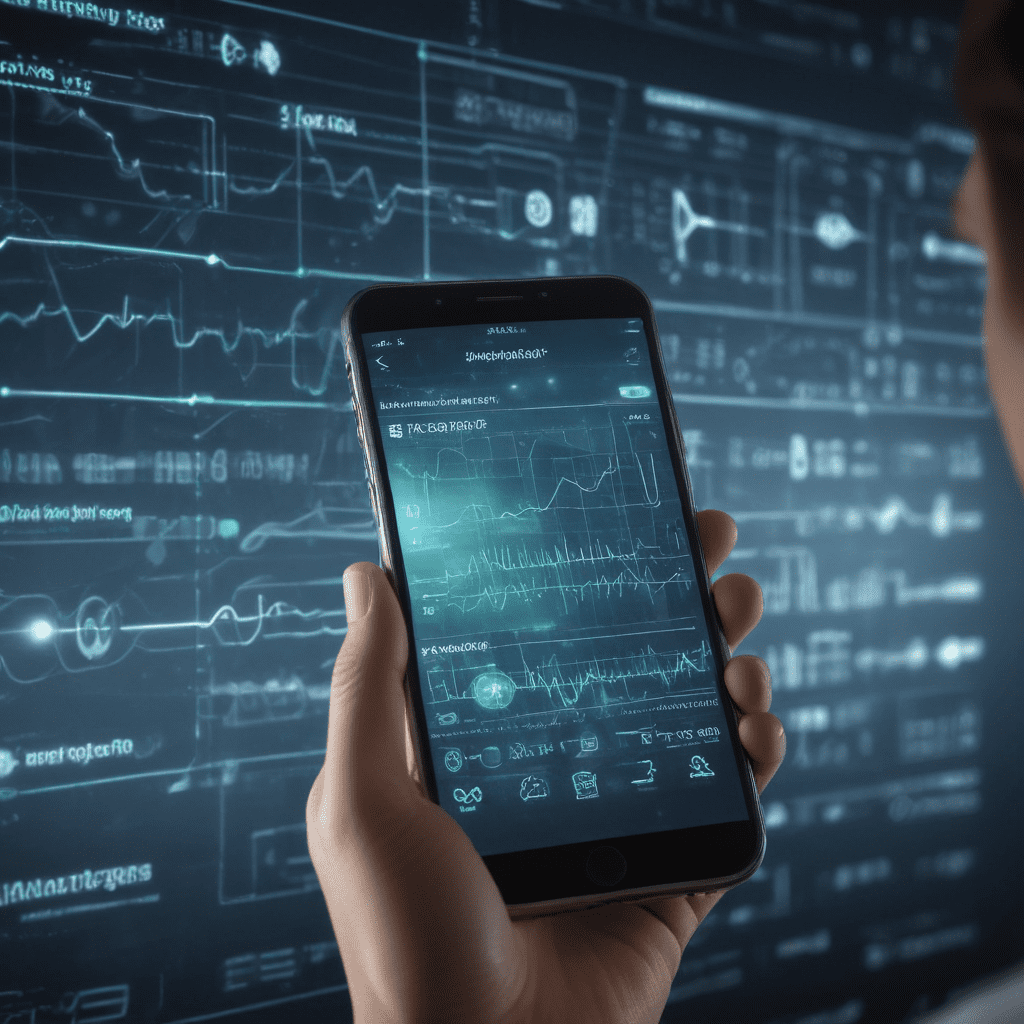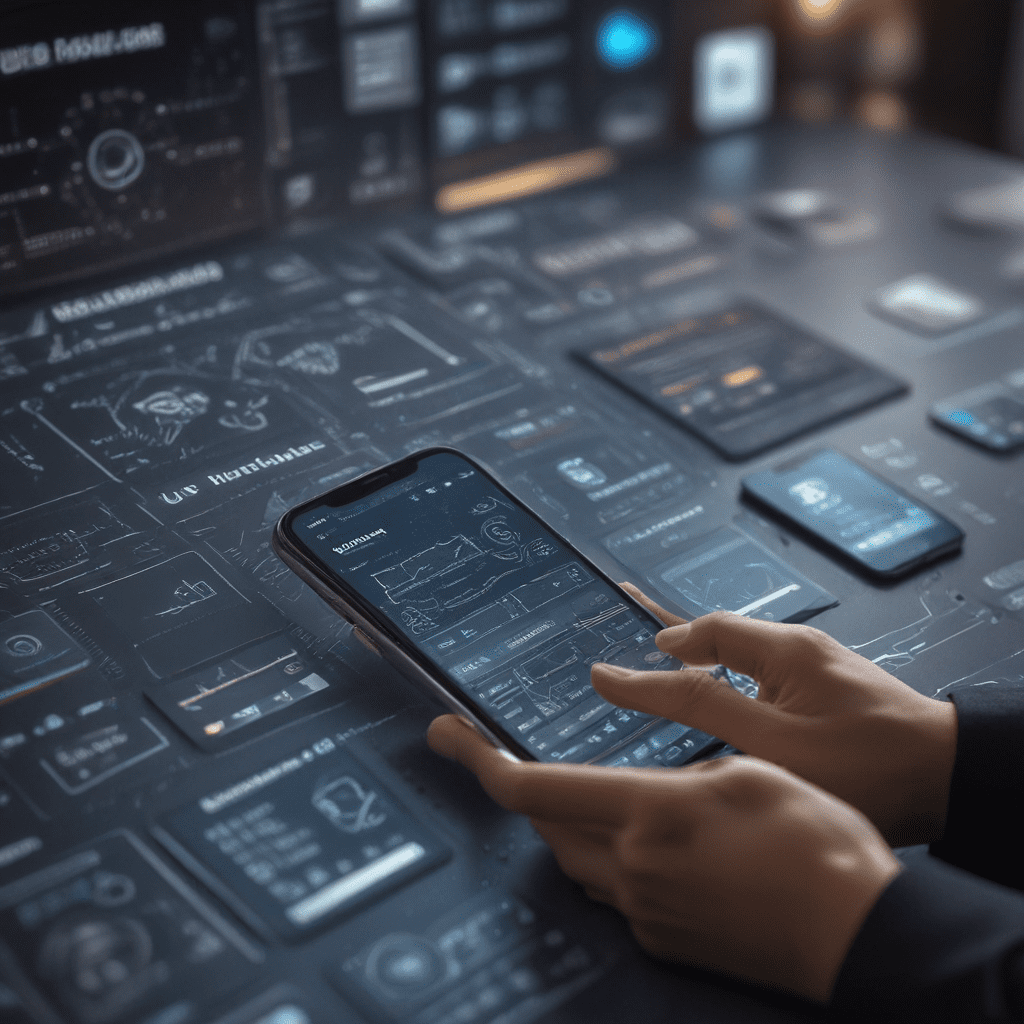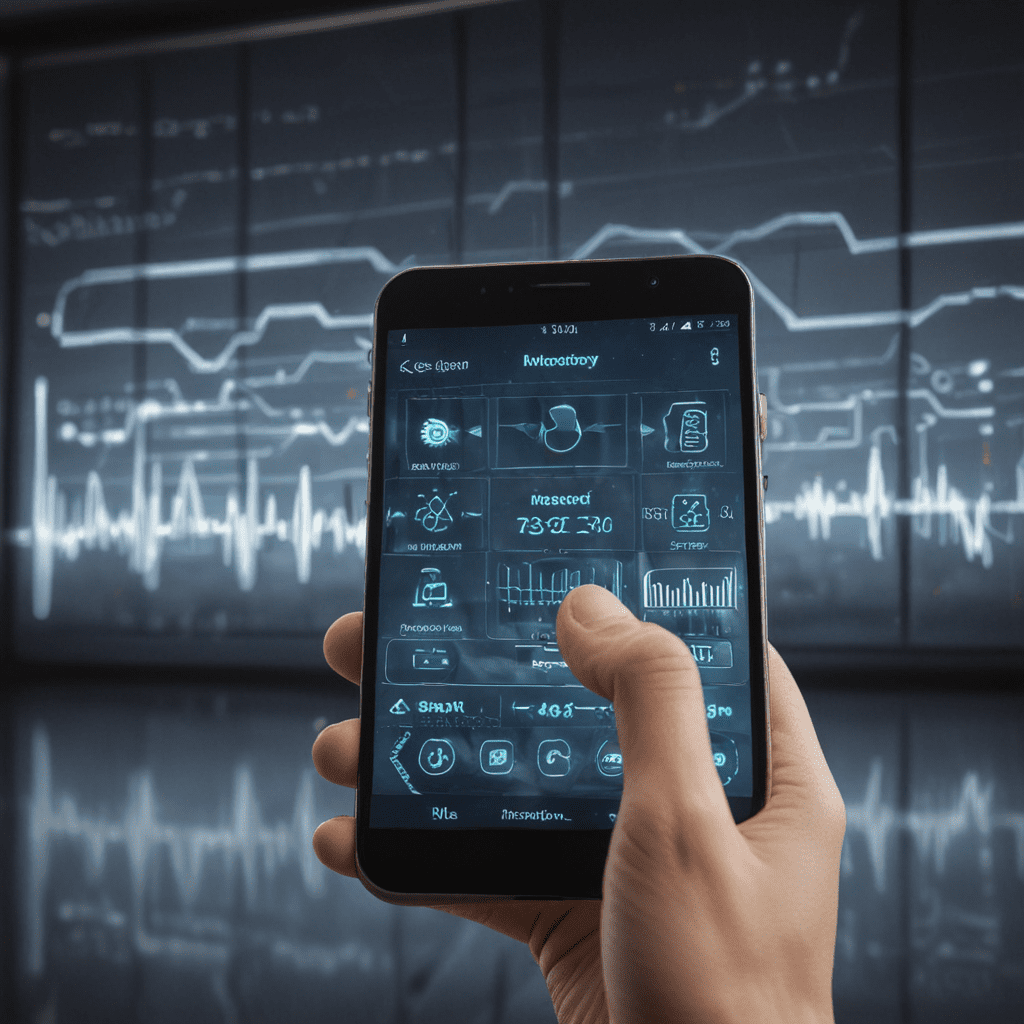
1. Introduction to Smart Energy Management
Smart energy management refers to the use of technology and data analytics to optimize energy consumption, reduce costs, and improve sustainability. It involves monitoring energy usage patterns, identifying areas for improvement, and implementing strategies to reduce energy waste. Smart energy management systems can be implemented in homes, businesses, and industries, helping organizations and individuals gain greater control over their energy consumption.
2. The Role of Mobile Apps in Energy Management
Mobile apps play a crucial role in smart energy management by providing users with convenient and real-time access to energy data and control over their energy consumption. These apps enable users to monitor their energy usage, set energy goals, and make informed decisions about their energy habits. Additionally, mobile apps can integrate with smart energy devices, such as smart thermostats and smart plugs, to automate energy-saving actions and further enhance energy efficiency.
3. Key Features of Energy Management Mobile Apps
Effective energy management mobile apps typically offer a range of key features, including:
Energy Consumption Monitoring: Apps allow users to track their energy usage in real-time, providing insights into how and when energy is being consumed.
Energy Goal Setting: Users can set personalized energy goals and track their progress towards achieving them.
Energy-Saving Recommendations: Apps provide tailored recommendations on how to reduce energy consumption, based on usage patterns and user preferences.
Smart Device Integration: Apps integrate with smart energy devices, enabling users to remotely control and automate energy-saving actions.
Personalized Notifications: Apps send personalized notifications to alert users about energy-saving opportunities and potential issues with their energy usage.
4. Types of Energy Management Mobile Apps
There are various types of energy management mobile apps available, each catering to specific needs and preferences. Some common types include:
Home Energy Management Apps: Designed for residential users, these apps help homeowners monitor and manage their household energy consumption.
Commercial Energy Management Apps: These apps are tailored to businesses and organizations, providing comprehensive energy monitoring and management capabilities.
Industrial Energy Management Apps: Designed for industrial facilities, these apps offer advanced energy monitoring, analysis, and optimization features.
5. Benefits of Using Energy Management Mobile Apps
Utilizing energy management mobile apps offers several benefits, including:
Reduced Energy Costs: Apps help users identify and reduce energy waste, leading to lower energy bills.
Improved Sustainability: By promoting energy efficiency, apps contribute to reducing greenhouse gas emissions and fostering environmental sustainability.
Convenience and Control: Apps provide users with convenient and real-time access to their energy data, empowering them to make informed decisions about their energy consumption.
Personalized Insights: Apps offer tailored recommendations and insights based on user preferences and energy usage patterns.
Enhanced Energy Awareness: Apps raise awareness about energy consumption, encouraging users to adopt more energy-conscious behaviors.
6. Tools for Mobile App Development for Smart Energy Management
Developing effective mobile apps for smart energy management requires a combination of tools and technologies. Some popular tools and frameworks used in this domain include:
React Native: A cross-platform mobile app development framework that allows developers to build native-like apps for both iOS and Android using a single codebase.
Ionic: A popular open-source mobile app development framework that utilizes web technologies such as HTML, CSS, and JavaScript to build hybrid apps.
Xamarin: A cross-platform mobile app development platform that enables developers to create native apps using C#.
Android Studio: The official integrated development environment (IDE) for developing Android apps, providing a comprehensive suite of tools and features.
Xcode: Apple's official IDE for developing iOS apps, offering advanced features specifically tailored for iOS development.
7. Case Studies of Successful Energy Management Mobile Apps
Several successful energy management mobile apps have emerged in the market, demonstrating the practical applications and benefits of this technology. Notable examples include:
Nest: A popular home energy management system that allows users to monitor and control their thermostat, smoke detectors, and security cameras remotely.
Sense: An energy monitoring and analytics app that provides detailed insights into household energy consumption, identifying opportunities for energy savings.
OhmConnect: A mobile app that rewards users for reducing their energy consumption during peak hours, promoting grid stability and reducing energy costs.
8. Future Trends in Mobile App Development for Smart Energy Management
The future of mobile app development for smart energy management holds promising advancements. Emerging trends include:
Artificial Intelligence (AI): AI algorithms will play a crucial role in analyzing energy consumption patterns, predicting energy demand, and making personalized recommendations for energy savings.
Blockchain Technology: Blockchain-based solutions can enhance data security and transparency in energy management systems, enabling peer-to-peer energy trading and microgrids.
Gamification: Mobile apps will increasingly incorporate gamification elements to make energy management more engaging and motivating for users.
9. Best Practices for Mobile App Development for Smart Energy Management
To ensure the effectiveness and user-friendliness of mobile apps for smart energy management, it is essential to follow best practices:
User-centric Design: Apps should be designed with the user's needs and preferences in mind, providing a seamless and intuitive user experience.
Data Security and Privacy: Robust security measures must be implemented to protect user data and ensure privacy, complying with industry regulations.
Integration with Smart Energy Devices: Apps should seamlessly integrate with a wide range of smart energy devices, enabling users to control and monitor their energy consumption remotely.
- Regular Updates and Support: Developers should provide regular updates and ongoing support to ensure the app remains up-to-date and meets evolving user needs.
10. Conclusion: The Value of Mobile Apps for Smart Energy Management
Mobile apps play a vital role in promoting smart energy management practices, empowering users to monitor, control, and optimize their energy consumption. By utilizing advanced technologies and innovative features, these apps offer significant benefits, including reduced energy costs, improved sustainability, enhanced convenience, personalized insights, and increased energy awareness. As the demand for energy efficiency and environmental sustainability grows, the value and impact of mobile apps for smart energy management will continue to expand.
FAQs
What are the key benefits of using energy management mobile apps?
Energy management mobile apps provide several benefits, including reduced energy costs, improved sustainability, enhanced convenience and control, personalized insights, and increased energy awareness.
What types of energy management mobile apps are available?
There are various types of energy management mobile apps, including home energy management apps for residential users, commercial energy management apps for businesses, and industrial energy management apps for industrial facilities.
What are some best practices for developing effective energy management mobile apps?
Best practices for developing effective energy management mobile apps include user-centric design, data security and privacy, integration with smart energy devices, and regular updates and support.

